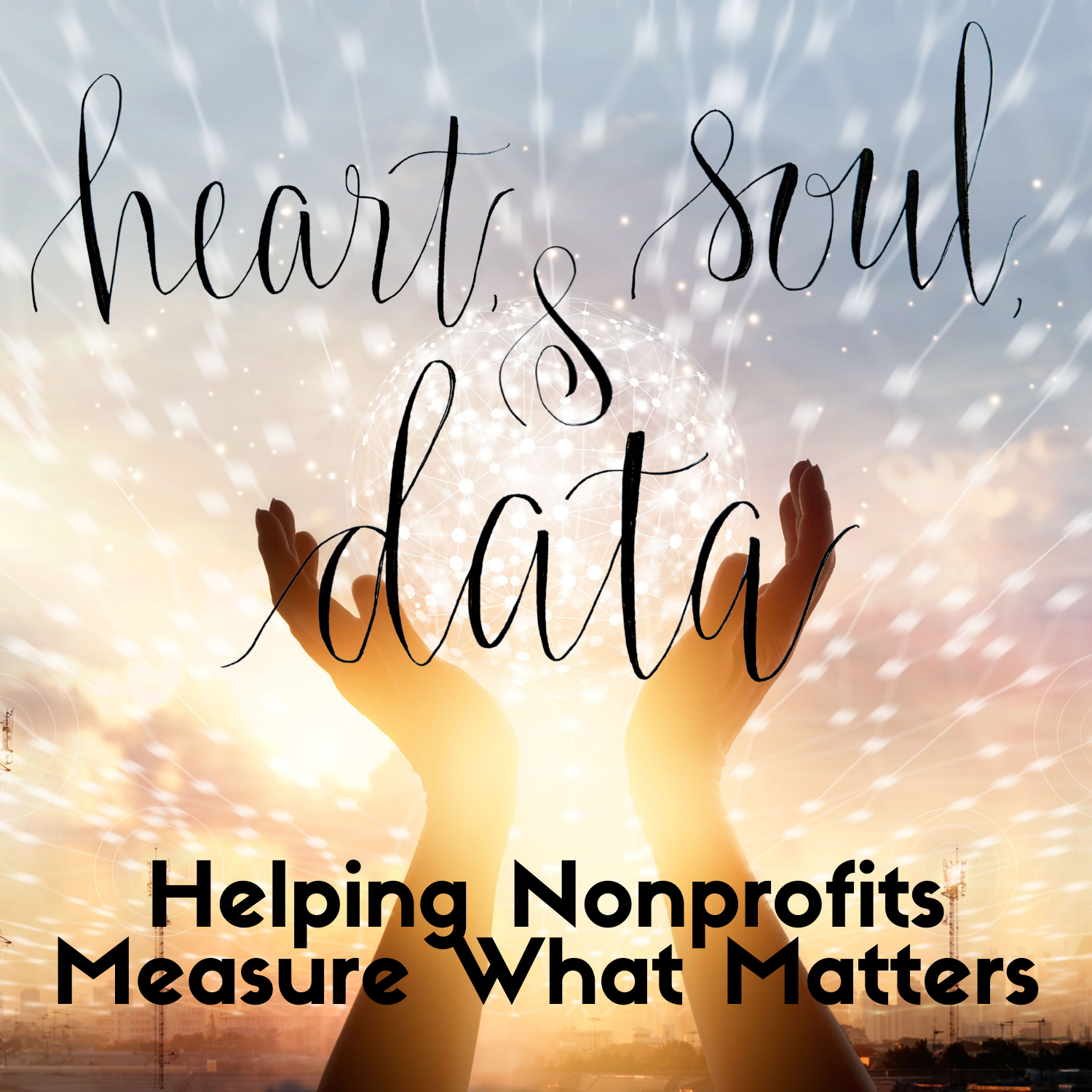Dr. Tasha Parker, a clinical social worker and community psychologist, shares her journey into data and founding the Institute of Development. She emphasizes using data in a therapeutic, trauma-informed way to address systemic inequities and promote harm reduction. Dr. Parker discusses barriers like fear of judgment and lack of resources, stressing the importance of trust and cultural humility. The conversation highlights data's role in building resilient communities, collaboration, accountability, and diverse voices in evaluation.
Key Takeaways
Chapters
00:00 Introduction and Dr. Parker's Journey into Data
05:33 Building Trust and Cultural Humility in Data Use
09:05 Using Data in a Therapeutic and Trauma-Informed Way
14:11 Acknowledging the Subjectivity of Science
21:59 Building Resilient Communities: The Role of Data
23:20 Addressing Systemic Inequities and Advocating for Change
26:17 Asking Critical Equity Questions and Developing Recommendations
29:29 Engaging Program Recipients and Collecting Relevant Data
31:44 Investing in Data Coaching for Sustainable Impact
Guest Bio
Dr. Tasha Parker is a Licensed Specialist Clinical Social Worker and community psychologist with over 16 years of experience working with at-risk individuals and groups in various settings. As the founder of the Institute of Development, she integrates data-driven methodologies into therapeutic and community practices to address systemic inequities and promote harm reduction. With a Masters in Public Administration and a PhD in Community Psychology, Dr. Parker emphasizes the importance of trauma-informed care, cultural humility, and actionable data to uplift impacted individuals and hold programs accountable.

What we measure matters, and we don't always measure the more impactful things. In today's episode, Dr. Thad Calabrese of NYU Wagner explains how...

Great, so you have data! Now how do you make it useful? There is a difference between looking at data and using data. The...

We in the nonprofit world pour our hearts and souls into our work every day. But know what else nonprofits need to succeed? Data....